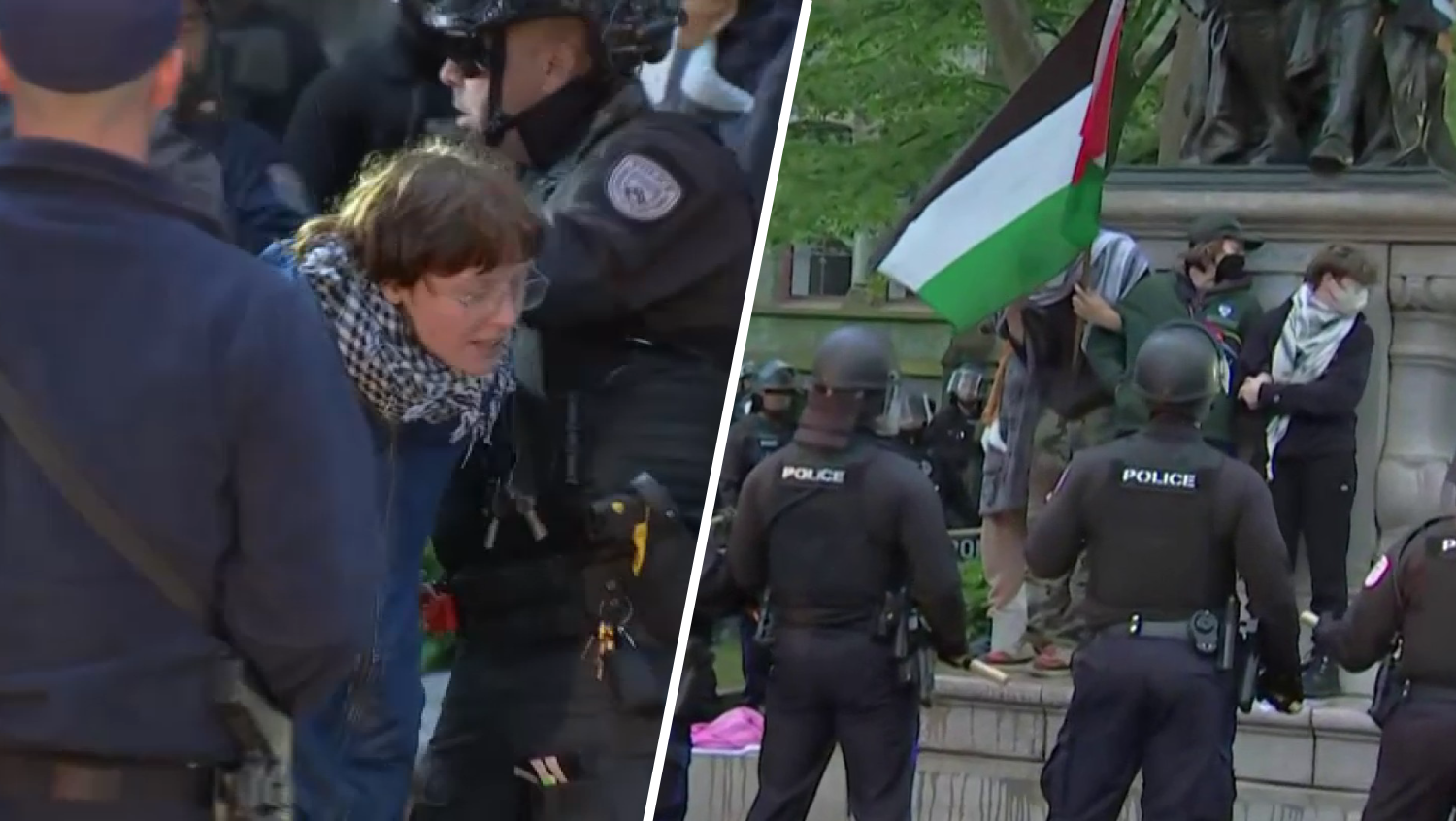The COVID-19 pandemic arrived in Philadelphia in March, and with the pestilence came another plague on the city: murderous violence.
2020 in Philadelphia is the second deadliest of the last 60 years, with slayings up 40% compared to 2019.
The same thing happened in many places across the country. Homicides are up 30, 40, even 50% year over year in places like Chicago, Oklahoma City, New York City, Los Angeles and Phoenix, to name just of a few.
The year of the coronavirus pandemic will be remembered for many things -- mask-wearing, massive unemployment, virtual schooling. In addition to a drastic life change for every single American and hundreds of thousands of deaths from COVID-19, this year also leaves a lasting legacy of gun violence.
Get Philly local news, weather forecasts, sports and entertainment stories to your inbox. Sign up for NBC Philadelphia newsletters.
Experts believe the pandemic played a large part in a conflux of problems that created historically high homicide totals across the country.
"The best way to understand crime is the change in opportunity, which has come about by wholesale changes during the course of 2020," Temple University criminologist Jerry Ratcliffe said in an interview with NBC10 in November.
Recently released studies of violence during the pandemic give credence to a large role that lockdowns played in the increase in homicides and assaults.
Local
Breaking news and the stories that matter to your neighborhood.
PennMedicine researchers who analyzed emergency room visits during and immediately preceding the pandemic lockdown, as well as five previous years, concluded that the sudden society upheaval caused the surging gun violence.
It hit predominantly Black communities especially hard, the study's authors said.
“The pandemic and the subsequent stay-at-home order exacerbated the existing hidden – yet omnipresent – epidemic of urban gun violence, as young, African-American males were the primary victims we saw,” senior author Dr. Jose Pascual said.
The conclusion is that "unprecedented social isolation policies to address COVID-19 were associated with increased intentional injury, especially gun violence," according to the published findings.
The PennMedicine research focused on Philadelphia, but homicides in numerous cities increased in 2020.
In a nationwide study, the National Commission on COVID-19 and Criminal Justice found that violent crime in 21 cities jumped in both the summer and fall this year compared to previous years.
"Homicides, aggravated assaults, and gun assaults rose significantly beginning in late May and June of 2020," according to the study released at the end of November. "Homicide rates increased by 42% during the summer and 34% in the fall over the summer and fall of 2019."
Yet the carnage has not slowed during the cold winter months, according to The Philadelphia Center for Gun Violence Reporting.
There were 160 shooting victims in Philadelphia through Dec. 27, up from an average of 109 during the last five Decembers, the center found.
The solution to the gun violence won't come from a vaccine.
"Subduing the pandemic, pursuing crime control strategies of proven effectiveness, and enacting needed police reforms will be necessary to achieve durable reductions in violent crime in our cities," according to researchers for the National Commission on COVID-19 and Criminal Justice.
There are additional resources for people or communities that have endured gun violence in Philadelphia. Further information can be found here.



